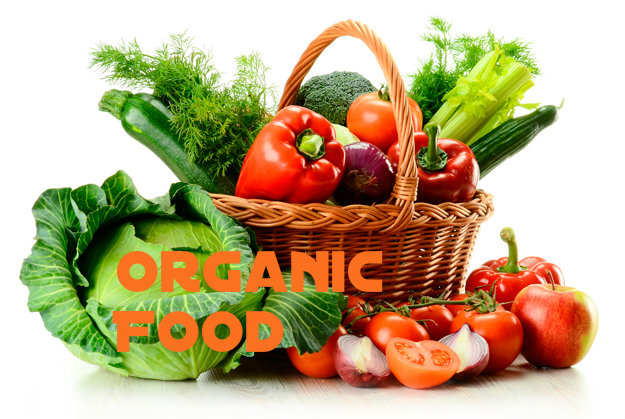We often hear arguments whether organic foods are better than non-organic ones. In reality, when people first cultivated and domesticated food, they used organic methods. For thousands of years, people don’t use any artificial products, based on synthetic chemicals. However, modern advances have introduced the possibility of better food productivity. People are practicing agriculture and they may rely solely on chemicals. They have used compost and manure as fertilizers and there are natural methods to deal with weeds and pests. In fact, it requires comprehensive selections of methods to make sure that we are able to proceed with organic methods. By using open-pollinated crops, people should be able to save the seeds. It means that crops are able to adapt to the rapidly changing conditions. In this case, operations should be organic-certified and they should adopt organic farming.

We should also consider the effects of synthetic chemicals on our body and people could tend to move away from traditional methods. They no longer use the important ecological principles. Other than using chemicals, people could also employ energy-intensive process. So, while they could produce greater amount of crops, it is possible that they ignore the ecology factors. The utilization of chemicals could come with a cost. DDT and similar chemicals could pose significant risks to our environment and some important species could be drive nearly to extinction. Harmless insects could be eradicated by insecticides and this leaves room for hazardous species. It is believed that constant exposure to trace amount of chemicals in our food contribute to higher risks of leukemia, cancer, Parkinson’s disease and other illnesses. It is important to make sure that a company has followed the local organic production standards.
Farmers should be able to follow specific methods and they need to refrain from using specific chemicals. It means that farmers will be able to put the organic label on their food and in some cases, they could fetch a higher price. In fact, they could also boost sales by selling their produce at standard market prices. Shoppers may look for the location of the farm and farmers could invite consumers to see the production of their farm. Unfortunately, in some countries, organic certification could be quite costly and complex. It is usually easier for small-scale farmers to use traditional methods. There are prohibitive costs related to certification and it is important to choose proper methods if farmers are using diversified crops. In fact, there are factory-farmed foods that use organic label.
It is true that organic food is potentially better, but it isn’t necessarily. Organic certification should be a good idea if things are implemented properly. However, organic labels are not a guarantee that our food sources are produced properly in an environmentally accepted manner. Small farmers could avoid seeking organic certification, because the process is costly. Although large farms could afford the certification, it is not a guarantee that their methods are completely organic for the long term.




